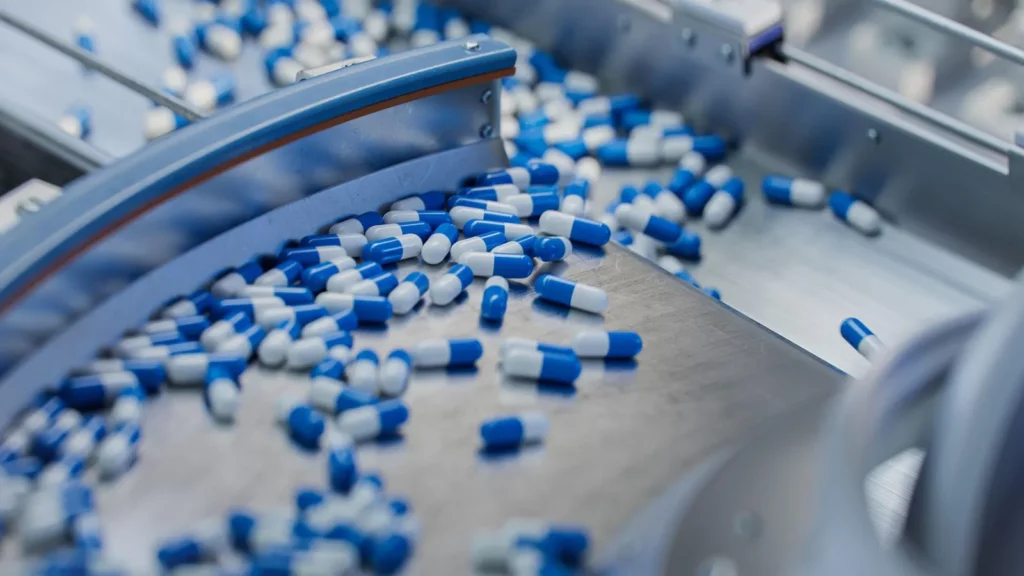
America’s Dependence On Foreign Medicine Is A Risk We Can’t Afford—Tariffs Are Forcing A Reckoning
For decades, the U.S. pharmaceutical industry has leaned heavily on foreign sources for active pharmaceutical ingredients (APIs), the chemical inputs that make medicines and antibiotics work. This reliance has been brutally exposed during times of global crisis, such as the COVID-19 pandemic, where supply shortages underscored the fragility of our system.
The current dependence on overseas production of APIs is a vulnerability that must be addressed. APIs, like oil reserves or other vital commodities, should be viewed as strategic and essential to national security and continuity in healthcare. Just as nations would never outsource their entire energy supply to geopolitical rivals, the U.S. cannot afford to be so dependent on foreign pharmaceutical ingredients.
Recent events have proven that tariffs are an economic lever designed to drive change. The threat of a 25% tariff has already prompted industry leaders to reassess their supply chains. Pfizer and Eli Lilly are preparing to move production back to U.S. soil, with Lilly planning to spend $50 billion on capital spending in response to pressure from President Trump. These initiatives, while costly in the short term, promise to secure the nation’s drug supply and create domestic jobs.
Reshoring production isn’t easy, but it’s a necessary investment in the long-term stability of the industry and ultimately, the nation. However, the impact on generic drug makers is more concerning. These companies already operate on razor-thin profit margins and will be disproportionately affected by tariffs. Unlike major pharmaceutical firms with significant capital reserves, many generic manufacturers lack the financial resources to relocate production to the U.S., leading to potential shortages and higher prices for essential medications.
Policymakers and industry leaders must balance short-term cost-cutting with long-term national security concerns. Tariffs alone are not enough, but they serve an ostensible strategic purpose: reducing reliance on foreign manufacturers and improving our nation’s resilience in the face of global uncertainty.
The debate sparked by these tariffs is a necessary step towards reforming the American healthcare ecosystem. Bringing manufacturing back to U.S. soil can be a crucial piece of this puzzle. Industry leaders must seize this opportunity to modernize outdated systems, build a strategic reserve of essential APIs, and invest in domestic manufacturing.
It’s time for bold, strategic reforms that prioritize the nation’s security over short-term profits.
Source: https://www.forbes.com/sites/ritanumerof/2025/04/09/americas-dependence-on-foreign-medicine-is-a-risk-we-cant-afford-tariffs-are-forcing-a-reckoning/


